Dhaka, Dec 30 (V7N)- December 31, 2024 marks 25 years since Vladimir Putin first took the reins of power in Russia, one of the world's most influential nations. Initially stepping in as acting president in 1999 after the sudden resignation of then-President Boris Yeltsin, Putin has since become a central figure in modern Russian history. His tenure has been marked by both significant achievements and profound controversies.
The Beginning: Yeltsin's Resignation:
On December 31, 1999, President Boris Yeltsin shocked the nation by resigning, paving the way for then-Prime Minister Vladimir Putin to assume the role of interim president. Yeltsin, who had promised to serve out his term, justified his decision by asking Putin to "look carefully at Russia." Within three months, Putin secured an electoral victory and officially became president.
Economic Stabilisation and Global Standing:
Under Putin's leadership, Russia experienced significant economic recovery following the tumultuous post-Soviet years. His administration capitalised on high oil and gas prices, bolstering the economy and improving living standards during his early years in office. On the global stage, Putin positioned Russia as a formidable power, often challenging Western dominance.
The Ukraine War: A Turning Point:
However, Putin's legacy has been overshadowed by his decision to invade Ukraine in 2022, a move that has drawn widespread international condemnation. As the conflict nears its third anniversary, its devastating toll is evident:
Over 10 million Ukrainians displaced.
Thousands of lives lost.
Approximately 20% of Ukraine's territory under Russian control.
The war has also had severe repercussions for Russia, including crippling economic sanctions, heightened inflation, and increasing isolation from the West. Analysts argue that Putin's ambition to restore Russia's former glory has instead plunged the country into prolonged conflict and economic hardship.
Diverging Perspectives:
Putin views himself as a protector of Russia's sovereignty, frequently accusing the West of encircling and undermining his country. Despite these claims, Western nations deny such allegations, citing Russia's aggressive foreign policies as the root cause of tensions.
The Kremlin defends Putin's record, emphasising his role in stabilising the nation after the Soviet collapse. In his words:
"I have not only looked after Russia, but I have brought it back from the brink of hell. I am doing everything to ensure Russia's independence and sovereignty."
A Divisive Legacy:
The question of what Putin has achieved in 25 years elicits varied responses. While some credit him for restoring Russia's global power, others criticise him for prioritising geopolitical ambitions over domestic well-being and peace. His "dogmatic" leadership style, according to analysts, has led to both Russia's resurgence and its current crises.
The Road Ahead:
As Russia grapples with the consequences of the Ukraine war and ongoing economic challenges, the future of Putin's leadership remains uncertain. Political analysts suggest that his legacy—and Russia's trajectory—will hinge on how the war concludes and how effectively he navigates the country's pressing issues.
In the end, Putin's 25-year reign is a testament to both the resilience and the challenges of modern Russia—a legacy that will be debated for years to come.
END/AJ/DK



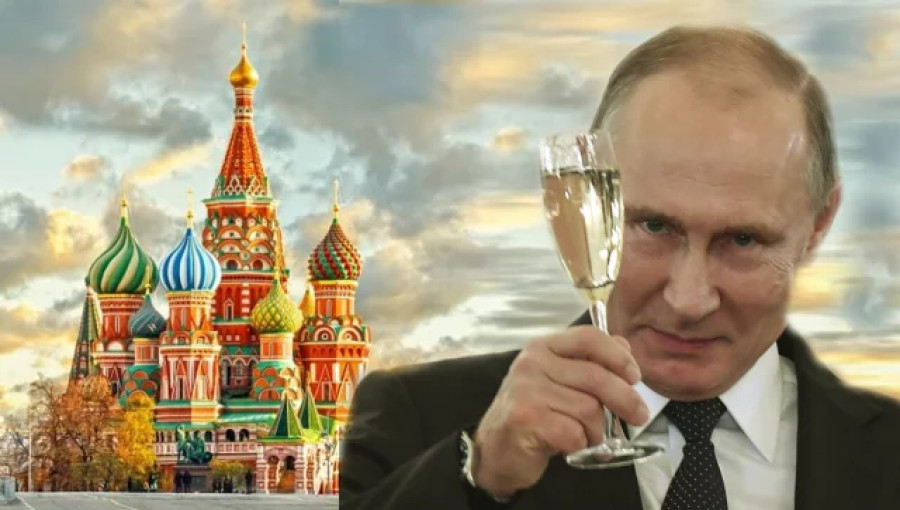






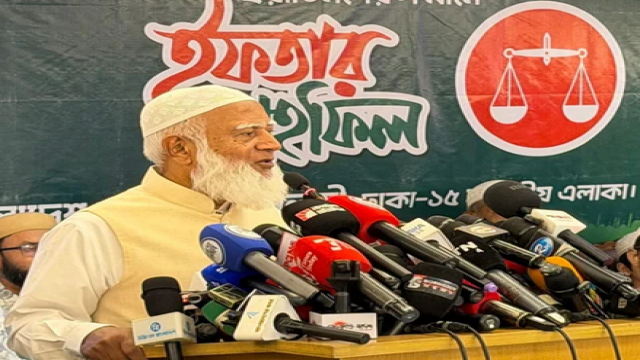
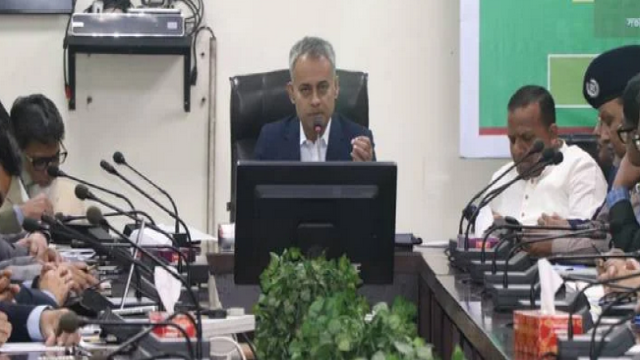




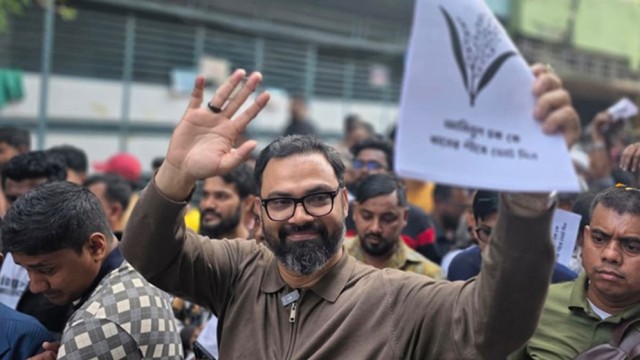
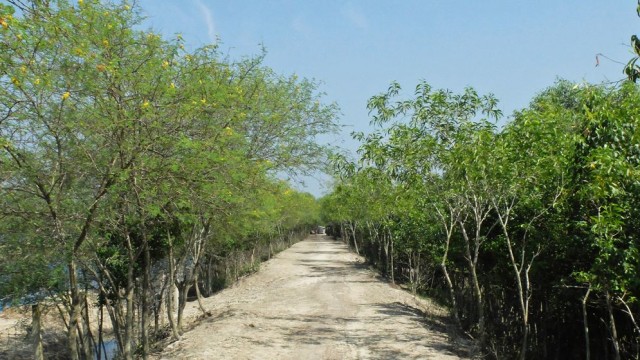
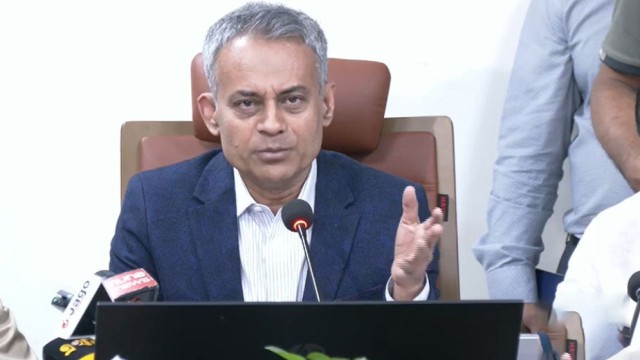











Comment: